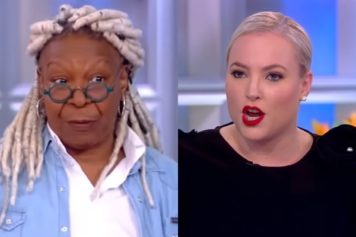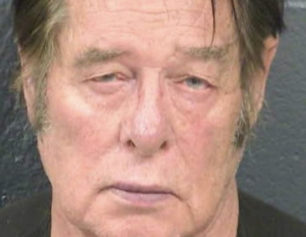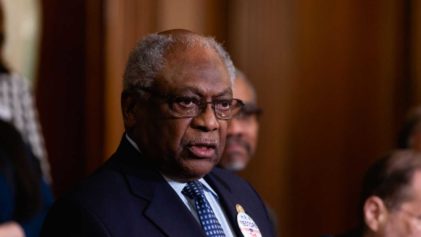After the Supreme Court struck down a crucial enforcement provision in the Voting Rights Act, conservatives are now getting in the game by claiming that the efforts by Republican-controlled legislatures to make it harder for Americans to vote have nothing to do with racism or voter suppression.
Kentucky Sen. Rand Paul said yesterday that there is no “objective evidence” that African-American voters are being disenfranchised in modern elections. But in a speech to the American Bar Association in San Francisco, former Secretary of State Hillary Clinton went after the right-wing thinking at the heart of Paul’s comments.
Pointing to the recent “assault on voting rights” by Republican-controlled state legislatures and the Supreme Court, Clinton said, “Anyone who says that racial discrimination is no longer a problem in American elections must not be paying attention.”
To many observers, this can be recorded as the first salvo in the possible 2016 presidential matchup: Paul vs. Clinton.
Democrats and civil rights groups have long contended that Republican efforts like requiring photo IDs to vote, eliminating same-day registration and restricting the days of early voting and Sunday voting are all aimed at lowering turnout among blacks and Latinos.
But now Republicans have begun to push back on that idea. First they said that the efforts were intended to reduce instances of fraud. Now they are saying the fact that African-American turnout actually rose in 2012 is evidence that there is no suppression going on.
“The interesting thing about voting patterns now is, in this last election, African-Americans voted at a higher percentage than whites in almost every one of the states that were under the special provisions of the federal government,” Paul said.
But many liberal commentators contended that black turnout rose in response to Republican efforts to lower black turnout—in other words, the Republicans inadvertently mobilized black voters.
On Politico, conservative pundit Rich Lowry attacked Clinton for raising the specter of racial discrimination in voting laws.
“Madam Secretary hasn’t missed a beat. She knows that the calling card of Democrats in the Barack Obama era is a polarizing politics that seeks to fire up minority voters by stirring fears of fire hoses and police dogs,” he writes. “Its basic vocabulary is imputations of racism; its evidentiary standard is low and dishonest; and its ethic is whatever works — so long as its stirs fear, anger, and resentment. Get ready for Hope and Change 2.0.”
Republicans have also been making use of a Washington Post poll taken last year showing that 65 percent of African Americans supported the idea of voter IDs — slightly less than white voters, but still a sizeable majority. However, the same poll also revealed that 63 percent of black voters also see voter suppression as a major problem — compared to just 34 percent of white voters.
As for the fraud argument, Lowry argued that even if it’s not very widespread, it still needs to be prevented.
“It’s not that fraud is massive or decisive,” he writes. “It nonetheless should be prevented to the extent possible. In a heated debate on Fox News with Charles Krauthammer the other day, Juan Williams said fraud happens about as frequently as people falling off bridges. But most bridges have railings. Voter ID is just such a prophylactic measure.”


